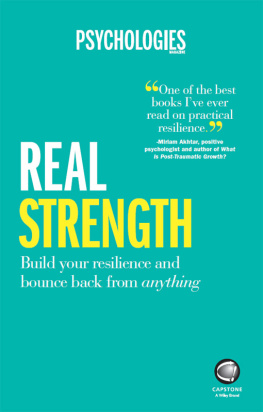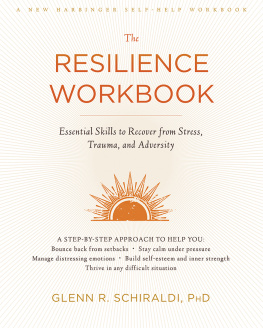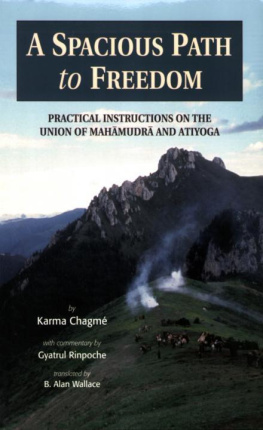Sara E. Lewis - Spacious Minds: Trauma and Resilience in Tibetan Buddhism
Here you can read online Sara E. Lewis - Spacious Minds: Trauma and Resilience in Tibetan Buddhism full text of the book (entire story) in english for free. Download pdf and epub, get meaning, cover and reviews about this ebook. year: 2020, publisher: Cornell University Press, genre: Politics. Description of the work, (preface) as well as reviews are available. Best literature library LitArk.com created for fans of good reading and offers a wide selection of genres:
Romance novel
Science fiction
Adventure
Detective
Science
History
Home and family
Prose
Art
Politics
Computer
Non-fiction
Religion
Business
Children
Humor
Choose a favorite category and find really read worthwhile books. Enjoy immersion in the world of imagination, feel the emotions of the characters or learn something new for yourself, make an fascinating discovery.

- Book:Spacious Minds: Trauma and Resilience in Tibetan Buddhism
- Author:
- Publisher:Cornell University Press
- Genre:
- Year:2020
- Rating:3 / 5
- Favourites:Add to favourites
- Your mark:
Spacious Minds: Trauma and Resilience in Tibetan Buddhism: summary, description and annotation
We offer to read an annotation, description, summary or preface (depends on what the author of the book "Spacious Minds: Trauma and Resilience in Tibetan Buddhism" wrote himself). If you haven't found the necessary information about the book — write in the comments, we will try to find it.
Spacious Minds argues that resilience is not a mere absence of suffering. Sara E. Lewiss research reveals how those who cope most gracefully may indeed experience deep pain and loss. Looking at the Tibetan diaspora, she challenges perspectives that liken resilience to the hardiness of physical materials, suggesting people should bounce back from adversity. More broadly, this ethnography calls into question the tendency to use trauma as an organizing principle for all studies of conflict where suffering is understood as an individual problem rooted in psychiatric illness.
Beyond simply articulating the ways that Tibetan categories of distress are different from biomedical ones, Spacious Minds shows how Tibetan Buddhism frames new possibilities for understanding resilience. Here, the social and religious landscape encourages those exposed to violence to see past events as impermanent and illusory, where debriefing, working-through, or processing past events only solidifies suffering and may even cause illness. Resilience in Dharamsala is understood as sems pa chen po, a vast and spacious mind that does not fixate on individual problems, but rather uses suffering as an opportunity to generate compassion for others in the endless cycle of samsara. A big mind view helps to see suffering in life as ordinary. And yet, an intriguing paradox occurs. As Lewis deftly demonstrates, Tibetans in exile have learned that human rights campaigns are predicated on the creation and circulation of the trauma narrative; in this way, Tibetan activists utilize foreign trauma discourse, not for psychological healing, but as a political device and act of agency.
Sara E. Lewis: author's other books
Who wrote Spacious Minds: Trauma and Resilience in Tibetan Buddhism? Find out the surname, the name of the author of the book and a list of all author's works by series.






